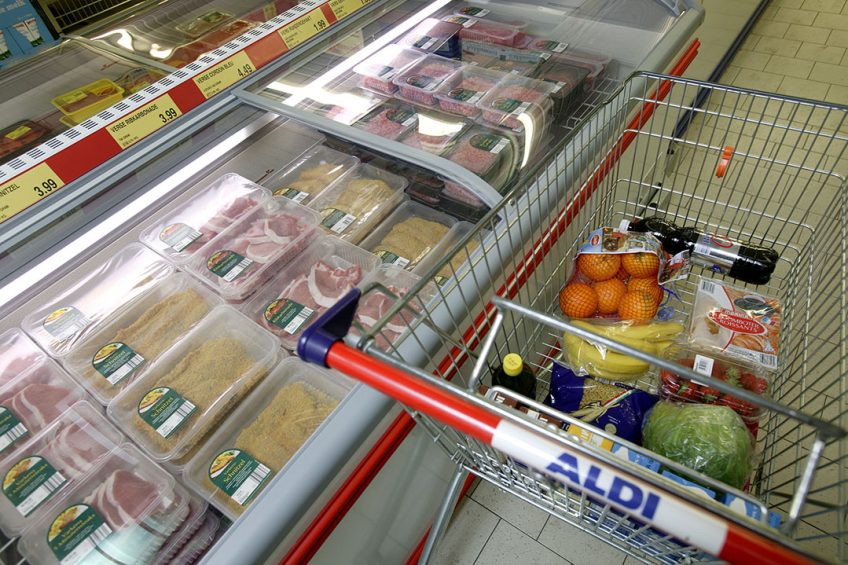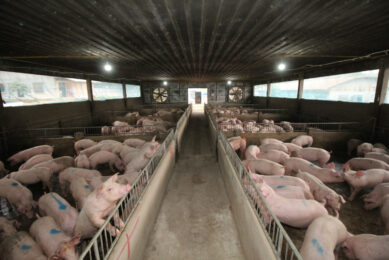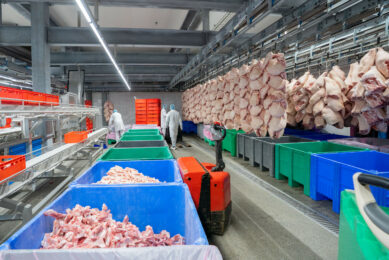Rabobank predicts meat shortages due to ASF in China

Large amounts of meat available worldwide will soon be shipped to China. That’s one of the conclusions by agribusiness bank Rabobank in its latest update on African Swine Fever (ASF) in China and South East Asia.
African Swine Fever occurring in that part of the world will lead to an unknown transformation of international trade, with potential shortages of animal protein in other places around the globe, the bank wrote. Worldwide, this will mean that the prices for animal protein will rise and on the short term, prices will fluctuate strongly from time to time, according to the bank.
Predominantly exporting areas like the European Union, the United States, Canada and Brazil will profit the most of the increased demand for meat in China and South East Asia. China will also compensate the pig meat shortage by increasing the consumption of poultry and beef as well as fish. This consumption change will also influence consumption patterns elsewhere in the world.
Read more on African Swine Fever in the ASF minipage
Pork production reduction of 30%
African Swine Fever, which has struck China since August last year, has spread throughout the country and the expectation is it could possibly affect 150 to 200 million pigs. A production reduction of 30% in China would be comparable to one year’s production of the whole of Europe.
It is projected that the recovery of China’s pig population will take years. Pig producers will be hesitant to restock their facilities as they are afraid that the virus will strike again. Pig producers predominantly are interested in improving prevention and keeping going what is still going. And a shortage of breeding animals will delay China’s recovery anyway.
ASF in surrounding countries
Since February, ASF has also been reported from Vietnam and it’s also been found in eastern Cambodia. Rabobank expects that these countries will also be affected strongly by ASF. In those countries, pig production is occurring in similar methods like in China, having strong veterinary risks.











